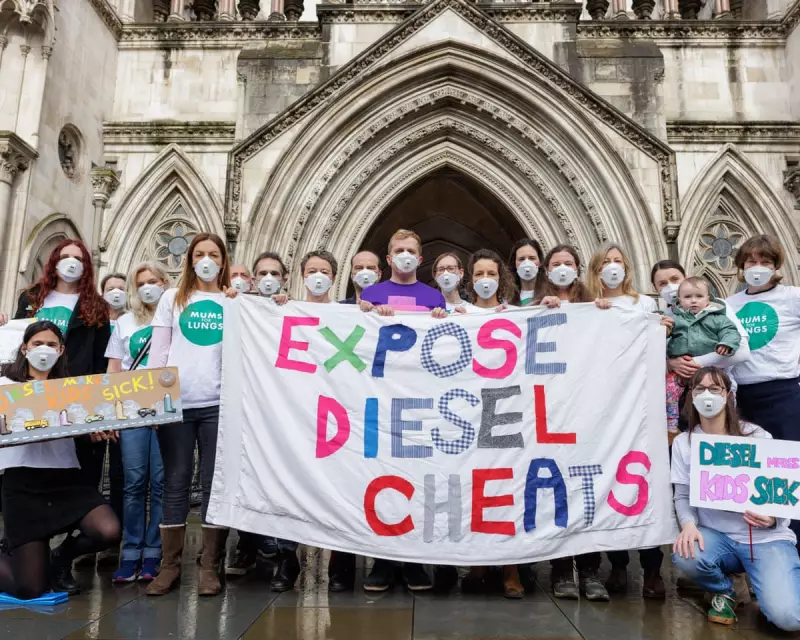
A decade after the Dieselgate scandal rocked the automotive world, a damning new study reveals the controversy continues to cast a long shadow over Britain's air quality and public health.
The Invisible Poison Hanging in Our Air
Fresh analysis from the Real Urban Emissions Initiative (TRUE) paints a disturbing picture: diesel cars sold between 2009 and 2021 are emitting up to six times more nitrogen dioxide (NO₂) than their manufacturers claimed. This toxic gas, linked to respiratory diseases and premature deaths, continues to plague urban areas across the United Kingdom.
From Laboratory Tests to Real-World Danger
The research exposes the stark gap between controlled laboratory conditions and the reality of Britain's roads. While carmakers celebrated passing emissions tests in artificial environments, their vehicles were silently poisoning the air in cities from London to Manchester.
The findings reveal:
- Diesel vehicles consistently exceed legal NO₂ limits during actual driving conditions
- Some models produce emissions six times higher than laboratory results suggested
- The problem affects millions of vehicles still on UK roads today
A Public Health Crisis in Slow Motion
Professor Alastair Lewis from the University of York warns that the consequences extend far beyond environmental concerns. "This isn't just about clean air targets," he states. "We're talking about a significant public health issue affecting vulnerable populations across the country."
Medical experts estimate that air pollution contributes to thousands of premature deaths in the UK annually, with nitrogen dioxide playing a particularly harmful role in respiratory and cardiovascular conditions.
The Regulatory Response: Too Little, Too Late?
Despite increased scrutiny and the implementation of clean air zones in cities like London and Birmingham, experts argue that regulatory measures have failed to keep pace with the scale of the problem. The research suggests that many vehicles meeting the latest Euro 6 standards still produce dangerous levels of pollution in real-world conditions.
What Comes Next for Britain's Clean Air Future?
Environmental campaigners are calling for more stringent testing protocols and accelerated transition to electric vehicles. However, with millions of affected diesel cars still in circulation, the legacy of Dieselgate continues to haunt UK streets.
The question remains: when will Britain finally breathe air free from the toxic legacy of one of automotive history's greatest deceptions?





